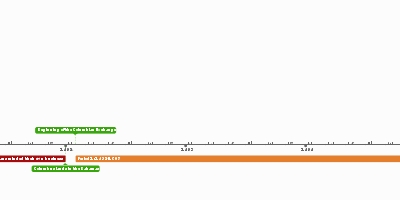21 janv. 1866 - Black Codes
Description:
Black codes were laws designed to regulate the affairs of freed slaves. They were passed by southern states.They varied from state to state. They were meant to maintain white supremacy. They also aimed to ensure a stable and cheap labor force. Southerners wanted the King Cotton industry they had before the war back, and they needed a tightly controlled and cheap labor force. This resulted in black codes.
These laws include no jury duty for black people and no renting or leasing land. They also included poll taxes, literacy tests, and arrests for idleness that targeted black people.
These codes also imposed harsh punishments on black people who “jumped” their labor contracts, which were usually set for one year and paid pittance wages (most ex-slaves also couldn’t read these contracts). If workers “jumped” then bounty hunters would be sent after them. If captured, they would be fined and then hired out to pay those fines (similiar to slavery). Measures such as General Oliver Howard’s Freedmen's Bureau not enough to combat black codes.
These codes hindered freed slaves from getting out of poverty. The codes also pushed many into sharecropping– which often furthered ex-slaves’ poverty. The codes also made some northerners regret the war and wonder if all the death was worth it. Overall, they helped lead the reconstruction’s failure.
Ajouté au bande de temps:
Date:
21 janv. 1866
Maintenaint
~ Il y a 159 ans
